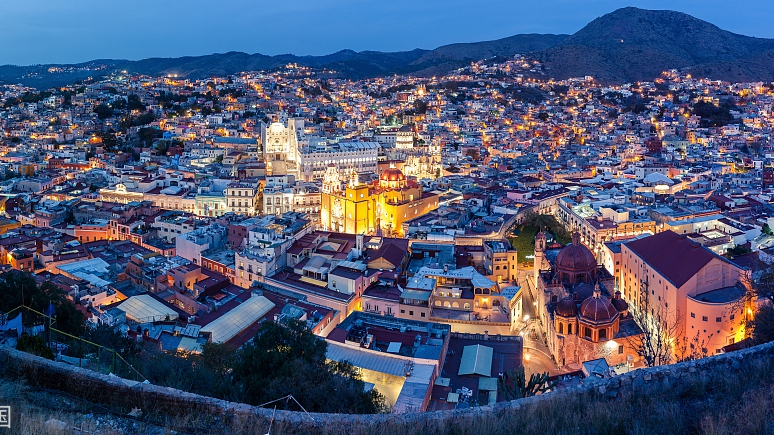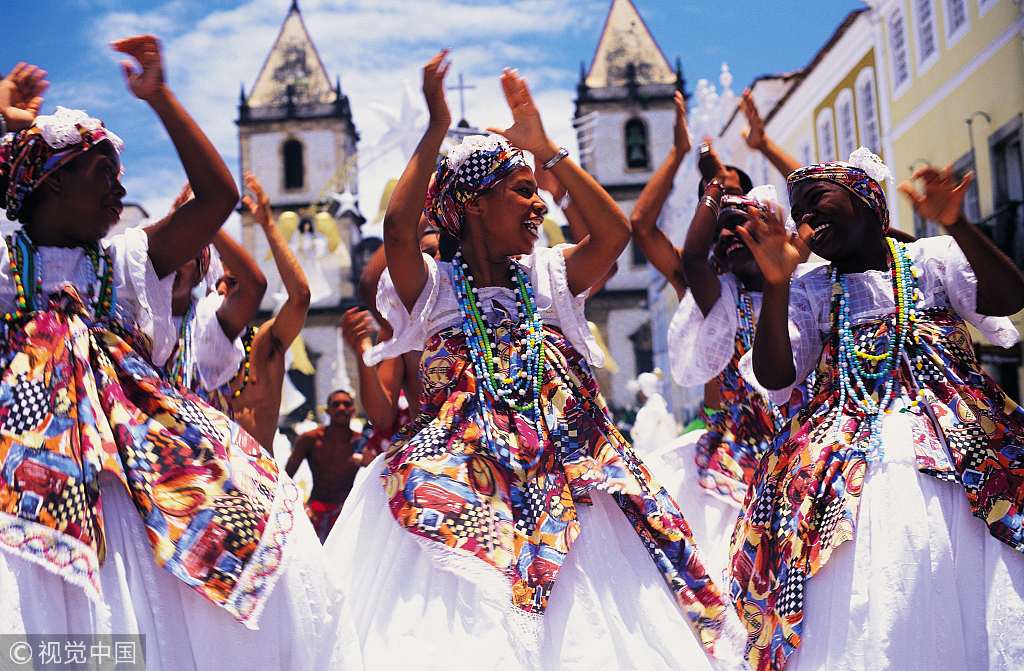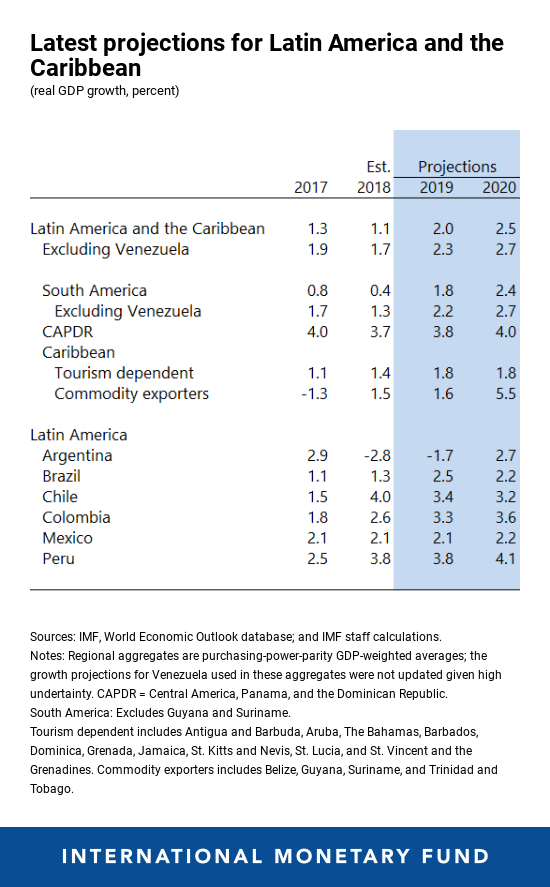
Latin America
16:19, 29-Jan-2019
Modest growth projected for Latin America in 2019
By Bertram Niles

Modest economic expansion is expected in Latin America and the Caribbean this year, as political and economic uncertainty continues to weigh down on growth.
In its latest projection, the International Monetary Fund (IMF) said the region is expected to advance by two percent, which is above the estimated 1.1 percent in 2018.
It was hoped that that relative calm would return to the area after a very active election cycle last year when polls were held in influential nations like Brazil, Mexico and Venezuela.
But voters in Brazil and Mexico ushered in leaders that changed the political dynamic in their countries, leading to the type of uncertainty that accompanies new administrations. In Venezuela, there was no change, but the country faces continued upheaval.
Argentina is the only heavyweight Latin nation holding an election this year and is doing so amid a contracting economy.

Dancers perform in Salvador, Brazil. Will they be clapping for the economy at the end of 2019? /VCG Photo
Dancers perform in Salvador, Brazil. Will they be clapping for the economy at the end of 2019? /VCG Photo
Add all that to a weakened global outlook and the picture looks far from rosy for Latin America and the Caribbean.
Even the IMF projection is lower than it had expected just a few months ago.
The slowdown has been brought on, in part, by a tightening of global financial conditions and lower commodity prices brought on by U.S.-China trade tensions, according to Alejandro Werner, the director of the Western Hemisphere Department of the IMF.
Last month, a report by the United Nations Economic Commission for Latin America and the Caribbean said the greatest risk to the region's economic performance continues to be an abrupt deterioration in the financial conditions for emerging economies.
The IMF has lately downgraded Mexico's growth prospects in 2019–20, reflecting lower private investment that may be the result of a wait-and-see attitude following the election of leftist Andres Manuel Lopez Obrador as president.
As for Brazil, where the far-right Jair Bolsonaro has taken over the reins, there was an upward revision as a gradual recovery from the 2015–16 recession is expected to continue.

Werner sees the post-election outlook impacting prospects in the region as a whole.
"For example, in Mexico, the halting of an airport construction project and some backtracking in energy and education reforms have increased policy uncertainty in the country," he says. "In Brazil, a fragmented Congress could create hurdles to the implementation of the ambitious structural reform agenda, fiscal consolidation, and pension reform. Continued policy uncertainty could discourage future investment and harm growth prospects for the region."
Still, the outlook for Brazil is seen as more positive because of the economic liberalization policies proposed by Bolsonaro “There is a lot of optimism and enthusiasm among investors in the U.S. and elsewhere,” Benjamin Gedan, a senior adviser to the Latin American Program at the Woodrow Wilson International Center for Scholars, said on American radio this week. “The one caveat is that it will be extraordinarily difficult for him to pull off the scale of reforms that he is now promising.”
Lopez Obrador is having to deal with migration issues and manage delicate relations with the United States as well as push his own economic agenda.
His task, according to Professor William Burke-White of the University of Pennsylvania, is to figure out "how to keep the Mexican economy moving forward and strong, making sure that there is economic growth, and that it looks more populist and leftist in nature to placate the base that elected him.”
'Enormous work'
The dire situation in Venezuela continues to drag down the economic performance of the region, so much so that the IMF issues figures that show what growth would be like if the oil-rich nation was excluded from its data. In 2020, it estimates the region would expand by 2.3 percent rather than two percent if Venezuela were excluded.
Gedan and Burke-White, who appeared on the same program, seem to think that President Nicolas Maduro has assured his survival despite stiff pressure from some domestic and international sources. “It's going to take something more dramatic than anything we've seen today to push him out of power,” the university professor said. “But if he wants to bring his country back into the global economy, he's going to have enormous work ahead of him.”
As to the rest of South America, the IMF says countries like Chile, Peru and Colombia are expected to show promising growth of above three percent. Central America will continue to expand at relatively high rates for the region, around four percent, while economic activity in the Caribbean is projected to pick up in 2019-20 – thanks to robust tourism from the U.S., reconstruction from the devastating hurricanes of 2017 in some tourism-dependent countries, and higher commodity production in some commodity exporters.
Top photo: A night scene of Guanajuato, a city in central Mexico known for its silver mining history and colonial architecture. /VCG Photo

SITEMAP
Copyright © 2018 CGTN. Beijing ICP prepared NO.16065310-3
Copyright © 2018 CGTN. Beijing ICP prepared NO.16065310-3